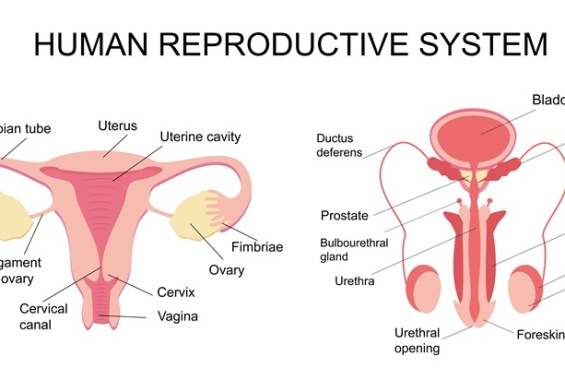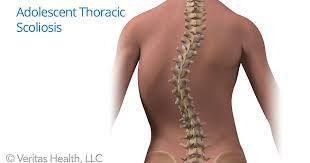In the quest for longevity and optimal health, anti-aging medicine has emerged as a revolutionary approach. Unlike traditional medicine, which often focuses solely on the absence of disease, anti-aging medicine aims for a holistic well-being, encompassing physical, emotional, and mental health. This comprehensive guide delves into the principles of anti-aging medicine, its practices, and its integration into in-home elder care.
The Essence of Anti-Aging Medicine
Anti-aging medicine is a proactive medical field focused on the early detection, prevention, treatment, and reversal of age-related decline. It is grounded in evidence-based and scientific methodologies that extend beyond merely treating diseases to optimizing one’s health. This approach is supported by over 3000 peer-reviewed articles, as noted by the National Library of Medicine.
Holistic Treatment Approaches
The cornerstone of anti-aging medicine is its holistic approach. It encompasses:
- Lifestyle Modifications: Emphasizing a balanced diet, regular physical activity, and stress management.
- Natural Supplements and Bioidentical Hormones: Utilizing supplements and hormones to restore bodily balance.
- Mind-Body Connection: Acknowledging the impact of mental and emotional health on physical well-being.
The Role of Anti-Aging in In-Home Elder Care
Incorporating anti-aging practices into in-home elder care can significantly enhance the quality of life for seniors. Caregivers and healthcare professionals can integrate these principles by:
- Personalized Care Plans: Tailoring anti-aging strategies to individual needs, considering existing health conditions.
- Nutritional Guidance: Offering dietary plans rich in antioxidants and essential nutrients.
- Physical and Cognitive Activities: Encouraging exercises and activities that promote both physical and mental agility.
Emerging Strategies in Anti-Aging
Recent advancements in anti-aging research have introduced several promising strategies:
- Enhancement of Autophagy: This process involves the body cleaning out damaged cells, which can improve longevity and reduce age-related diseases.
- Senescent Cell Elimination: Targeting senescent cells to reduce inflammation and age-related tissue deterioration.
- Stem Cell Therapy: Utilizing stem cells to regenerate and repair aging tissues.
- Intermittent Fasting: This dietary approach has shown promise in improving overall health and extending lifespan.
The Impact of Anti-Aging Medicine
Individuals who embrace anti-aging medicine often report:
- Enhanced physical strength and energy.
- Improved mental clarity and cognitive function.
- Reduction in age-related symptoms like mood swings and fatigue.
- Better skin health and a more youthful appearance.
Integrating Anti-Aging Medicine with Conventional Treatments
While anti-aging medicine offers numerous benefits, it is most effective when integrated with conventional medical treatments. This integrative approach ensures a comprehensive care plan that addresses all aspects of an individual’s health.
Challenges and Considerations
Despite its potential, anti-aging medicine faces challenges:
- Accessibility and Awareness: Making these treatments more accessible and educating the public about their benefits.
- Customization: Ensuring that anti-aging strategies are tailored to individual needs, especially in elder care.
- Research and Development: Continuing research is needed to fully understand and harness the potential of anti-aging treatments.
Conclusion
Anti-aging medicine represents a paradigm shift in our approach to health and aging. By focusing on preventive care, holistic treatment, and the latest scientific advancements, it offers a pathway to not just longer life, but a healthier, more vibrant one. As this field continues to evolve, it holds the promise of transforming the way we age, making the later years of life as fulfilling and healthy as the earlier ones.



